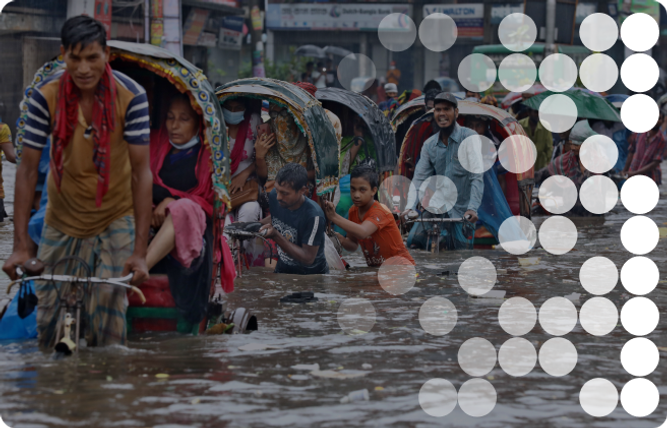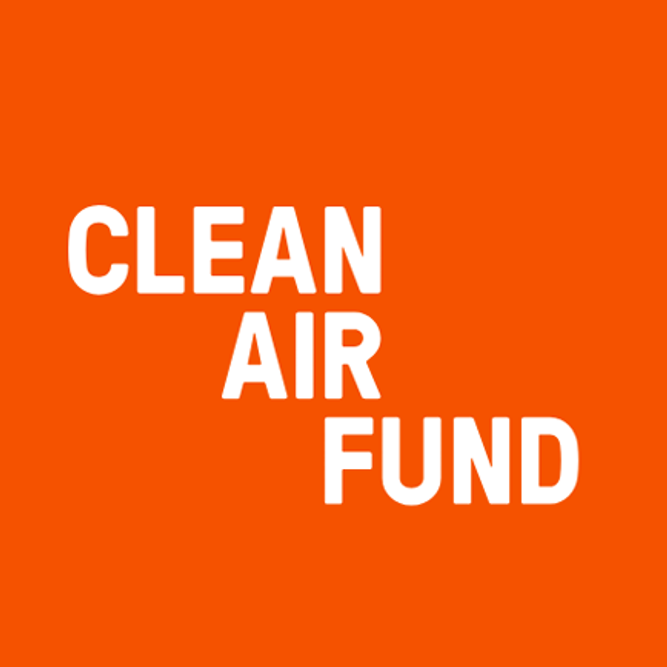Our grants
Quadrature Climate Foundation’s grantmaking prioritises partners driving solutions that aim to reduce and remove greenhouse gas emissions while advancing global responses to climate impacts.

Our work has a global focus. Since launching in 2019, we have committed over US$1 billion to more than 200 organisations in 21 countries, advancing climate solutions around the world.
$1.107
Billion USD
234
Organisations
Grant selection
We collaborate with leading researchers, practitioners, and NGOs worldwide to develop programme strategies under our three pillars: reduce, remove, and respond. These strategies are guided by evidence reviews led by our in-house science team in collaboration with leading experts. They allow us to identify and investigate bottlenecks and better characterise the problems we’re trying to solve.
Once these strategies are approved, they unlock funding envelopes for which we invite funding applications. Proposals are considered and assessed against criteria that includes potential impact, public benefit, and additionality.
Quadrature Climate Foundation currently operates an invitation-only grant application process. Selected organisations are invited directly to apply based on our strategic priorities. We are also exploring alternative models such as funding competitions and ‘Request for Proposal’ models.
Post-selection support
We work with our partners to understand what other support they might need to succeed, for example to strengthen their internal capacity or expand their networks.
Discover our database of partners and organisations we are supporting


Mission
Clean Air Fund is a philanthropic organisation dedicated to creating a future where everyone can breathe clean air. Clean Air Fund supports organisations across the globe that build public demand and drive action for clean air, influencing and assisting decision-makers in addressing air pollution.
Overview of grant
Quadrature Climate Foundation’s grant to Clean Air Fund supports its work on black carbon, a super-pollutant which is produced through the incomplete combustion of fossil fuels when, for example, diesel, woodlands, biofuel or biomass are burned.
Black carbon, also known as soot, damages human health and worsens climate change by absorbing sunlight in the atmosphere; changing cloud cover, rainfall and snowfall; and accelerating the melting of snow and ice. It disproportionately impacts the most disadvantaged communities, particularly in the Global South. And because black carbon is a short-lived pollutant, successfully reducing the amount of it in the atmosphere could quickly benefit both people and planet.
But progress on tackling black carbon has stalled in recent years due to scientific uncertainty, lack of policy drive, and insufficient funding. That’s why QCF is supporting Clean Air Fund to partner with organisations across the globe to resolve scientific bottlenecks and generate a compelling case for action, build coalitions across climate and health, and showcase the feasibility of solutions to reduce black carbon emissions. This work aims to drive a 35% reduction in black carbon emissions by 2030.


Mission
Climate Resilience for All (CRA) is dedicated to protecting the health and livelihoods of women and vulnerable communities from extreme heat.
Overview of grant
Quadrature Climate Foundation (QCF) is supporting CRA help vulnerable people tackle one of the deadliest climate hazards: extreme heat. The most profound impacts of extreme heat are felt by the one billion urban poor residing in slums and informal settlements, and emerging data shows that women are bearing the brunt - physically and economically.
Quadrature Climate Foundation (QCF) provided seed funding for CRA to grow, and to launch its first Women's Climate Shock Insurance and Livelihoods Initiative (WCS) programme in India, which went live just in time for India's 2024 heat season. The programme provides income support directly to women working in the informal sector when there are harmful heat waves. The sweltering temperatures triggered the insurance and cash assistance providing a lifeline for 50,000 women of the Self-Employed Women's Association (SEWA), working in the most heat-exposed occupations across the states of Rajasthan, Maharashtra and Gujarat, in India, including salt pan miners, waste recyclers, construction workers, and farmers.


Mission
The Global Methane Hub (GMH) is working to dramatically reduce methane levels in the atmosphere to protect people and the planet from the worst impacts of climate change. In 2023 GMH launched its Enteric Methane R&D Accelerator, the largest public-private-philanthropy coordinated investment in livestock methane mitigation research.
Overview of grant
With backing from Quadrature Climate Foundation (QCF), GMH’s Enteric Methane R&D Accelerator is coordinating a global research strategy to explore promising technologies that mitigates methane emissions. The goal is to discover several solutions that are fit-for-purpose and independently tested.
The research strategy includes long-term independent trials of methane-inhibiting feed additives, discovery and development of new ones, and breeding of low methane livestock. It also investigates potential vaccines that lessen methane production in livestock.


Mission
Bellona’s vision is to achieve a restorative carbon-negative society through a just and democratic transformation.
Overview of grant
QCF is supporting Bellona to conduct research and advocacy on low-carbon and climate-friendly policy across the EU. The work targets policy and market incentives that unlock policy choices around renewables; infrastructure for electrification; CO2 capture transport and storage; and hydrogen. The work focuses both at the EU level and member state level to inform well-functioning markets, science-based methodologies for carbon accounting, and other incentives for renewable electrification, carbon removal, and clean hydrogen.


Mission
Allied Climate Partners (ACP) is a philanthropic investment organisation with a mission to increase the number of bankable climate-related projects and businesses in emerging economies. ACP’s initial focus regions are Southeast Asia, the Caribbean and Central America, Africa, and India.
Overview of grant
Quadrature Climate Foundation (QCF) has joined other foundations and investors to support ACP in providing early-stage project development financing for climate initiatives in emerging economies, where there is currently a scarcity of risk-oriented capital. ACP’s catalytic capital is crucial for setting up investment mandates that are carried out by local partners. A key part of ACP's strategy is to leverage philanthropic capital to accelerate the flow of third-party capital to climate-related projects in emerging economies. ACP is proud to work closely with leading MDBs and DFIs with and other strategic partners to achieve this goal.
ACP and its partners seek to aggregate approximately $825 million anchored by about $235 million in junior capital. QCF has contributed to the anticipated $235 million of philanthropically backed junior capital to support the establishment of third-party funds, platforms, and other investments in early and development-stage climate-related projects and companies. By making early stage investments that demonstrate a path to commercial viability and scalability for these types of projects, ACP aims to attract commercially oriented, public and private sector capital to areas that might not have otherwise been considered.


Mission
The Climate Solutions Catalyst - based at Imperial College’s Grantham Institute - is a novel two-year programme that aims to unearth promising yet untapped climate solutions from the UK’s research community. It will then test how these solutions might best be supported to scale up and make significant impact on our global fight against climate change.
Overview of grant
With the support of Quadrature Climate Foundation (QCF), the Climate Solutions Catalyst project will identify the most promising climate research from UK universities, including those with fewer resources. These selected projects will receive the necessary bridging funding to support their development. The initiative aims to help identify and scale innovations by bringing the right people together from the innovation landscape to help them grow. Ensuring these promising solutions can effectively contribute to advancing climate action.